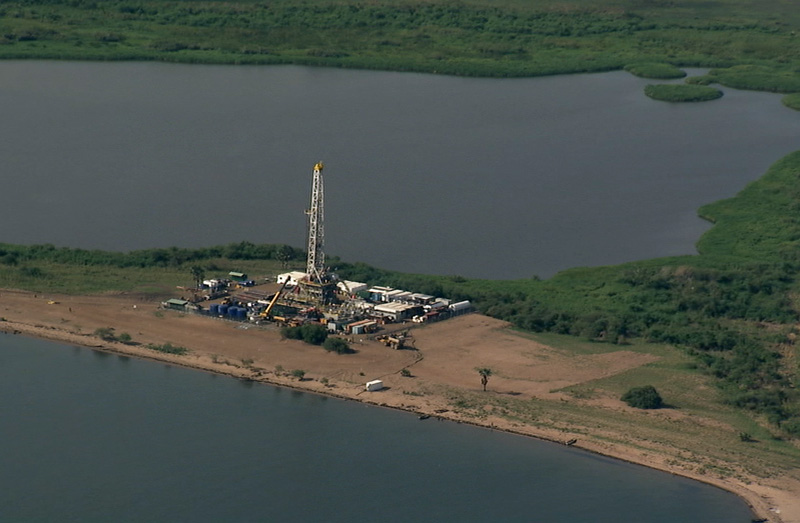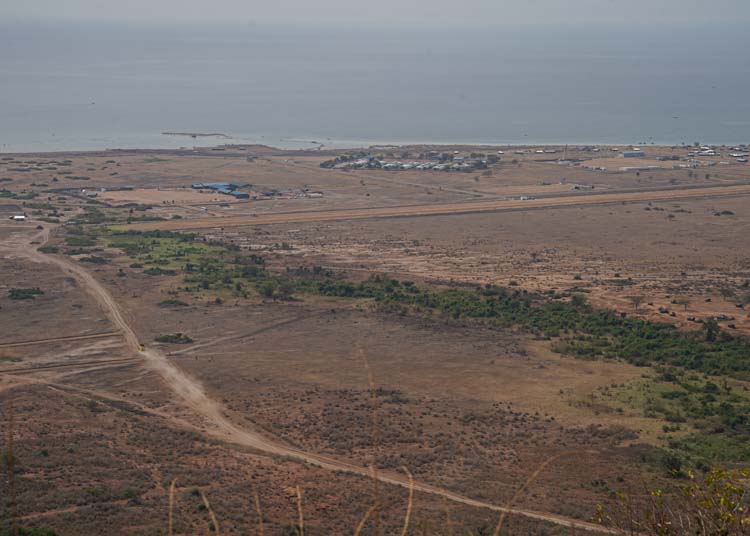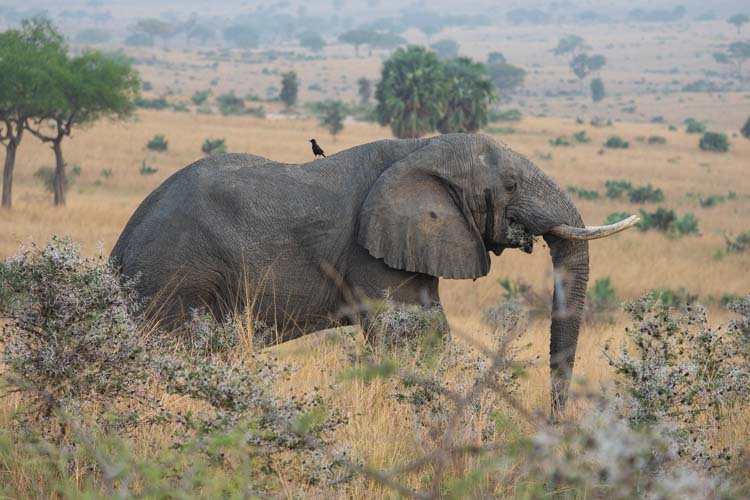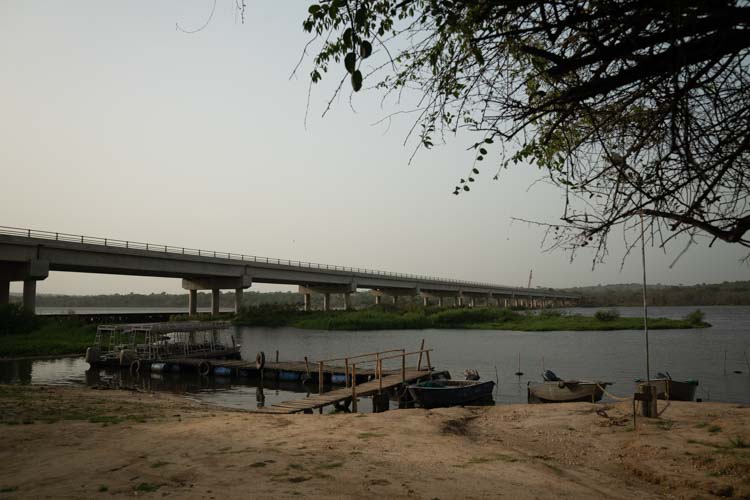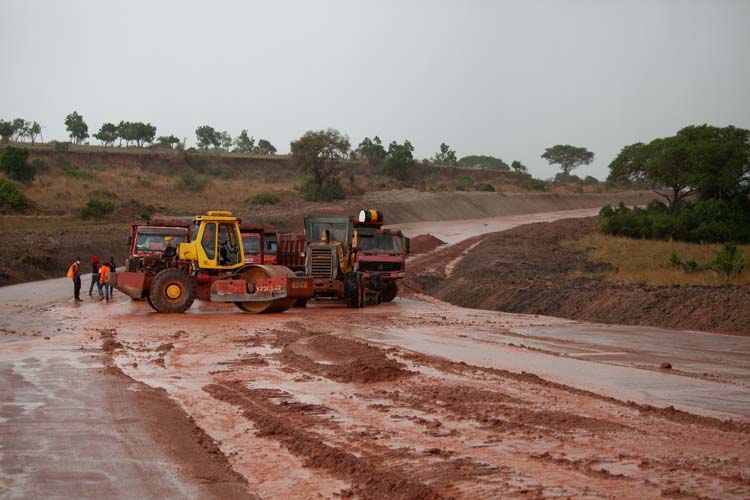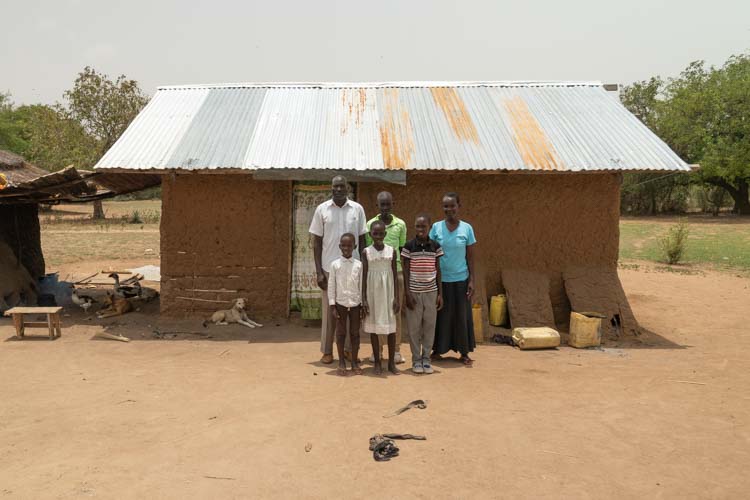There are reasons why oil companies have chosen Uganda. The country, with its 41 million inhabitants, is one of the more stable in the region. In the neighbouring Democratic Republic of Congo, warlords and Ebola outbreaks have driven an estimated four million people to flee, and Uganda continues to absorb most of them. Rwanda is finally at peace after the genocide, but only because a questionable police state enforces it.
Uganda itself has suffered from civil wars and massacres since 1970; in the 1970s alone, dictator Idi Amin killed 300,000 opposition members and civil war raged in the north until the 2000s. President Yoweri Kaguta Museveni has been in office since 1986 and is determined to stay there with all his might.
The day before his last re-election in January 2021, the government blocked all important social media platforms. Opposition candidate Bobi Wine was arrested several times, and international election observers reported serious shortcomings. Compared to South Sudan and Congo next door, the country is nevertheless considered stable by many investors. The economy has been growing for several years - but at a very low level.
According to the UN Development Index, Uganda ranks 159 out of 189, the gross domestic product is just 822 dollars per capita, and almost 70 percent work in agriculture. Climate change is increasingly threatening harvests. In 2019, only 48 percent of children had their own blanket to sleep with.
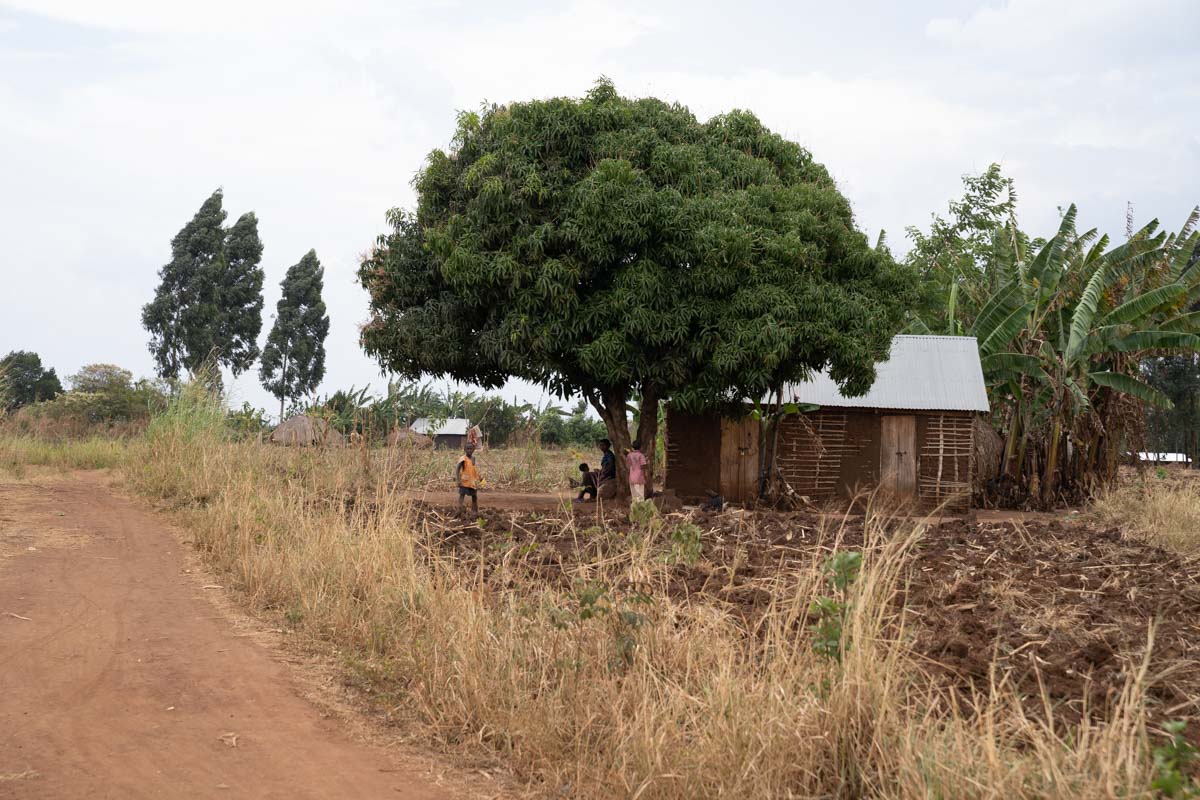
The president blames the people themselves for their poverty. In several speeches, he calls them lazy and dishonest.
However, he assures the very same people that the oil will help the country to prosper. The state owns 15 percent of the project through the newly created Uganda National Oil Company. According to a spokeswoman, the Petrol Authority of Uganda (PAU) expects annual oil profits of 1.4 to 2.9 billion euros. By comparison, the total state budget of Uganda 20/21 was 11.8 billion euros. In addition, there would be tax revenues and positive effects for other industries, she says. One hundred and sixty thousand jobs are expected to be created and a small refinery will process 60,000 barrels per day to cover national needs. That’s a miniscule amount compared to the 2.1 million barrels consumed in Germany per day. But according to the spokeswoman, the 60,000 barrels will cover the entire demand for paraffin, diesel and petrol in Uganda in the future. It’s easy for the president to tout the pipeline as an opportunity.
But there is a problem- the area is not vacant. There are people living there, mostly from agriculture, as well as some very rare animals.
What does it mean to build oil production from scratch in such an area? Satellite images, 3D models of the area and precise data of the planned infrastructure provide an idea.
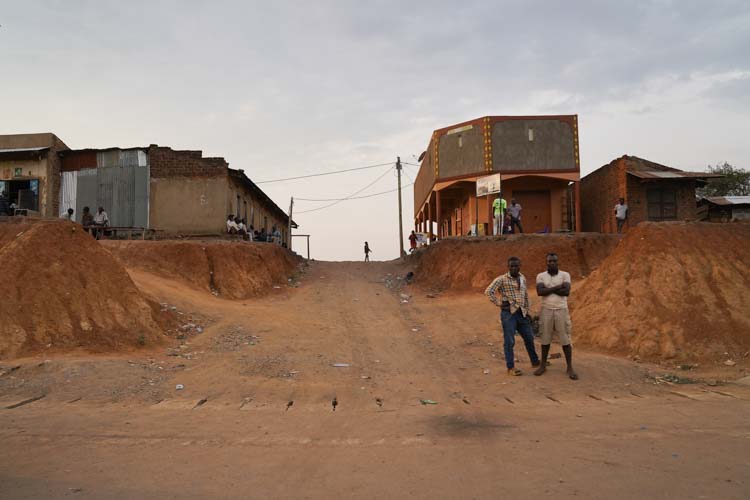

Murchison Falls was named after the chairman of the British Royal Geographical Society, just as many places in East Africa are named after former conquerors and colonial rulers. In 1952, the rulers designated the area as Uganda’s first national park. Today it covers more than 3800 square kilometres.
The fact that it is one of the country’s most important tourist attractions is not only due to its mighty waterfalls, but also to its biodiversity. More than 2700 African elephants, lions, leopards, monkeys, giraffes, hippos and antelopes live here - 76 different mammal species in total. This evolving landscape of the Nile, with its savannas, trees and wetlands, is also home to 451 bird species. Many of them are considered endangered.
In the midst of buffalo herds, flocks of birds and gymnastic monkeys, roads are now being widened. Huge construction machines plough the landscape.
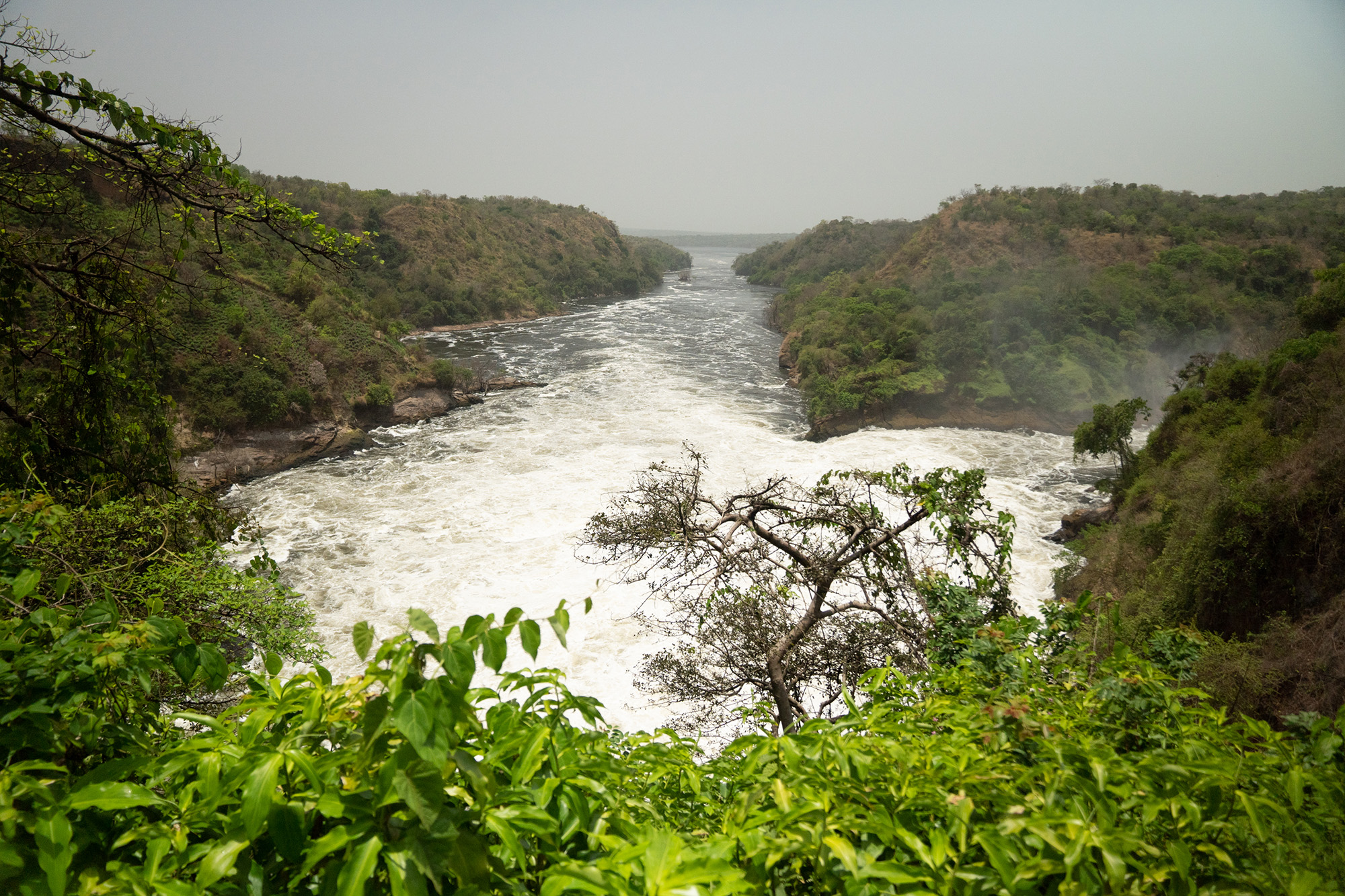


An important fact is being ignored in European climate debates about electric cars and green energy: global oil consumption is rising. The growing middle class in China is buying up cars, as are those in India and some African countries.
In Germany, more and more people may be switching to public or electric cars, but the old combustion engine cars are still being sold, especially to Africa. Here, they continue to drive them for years, with the high petrol consumption of yesteryear. The sales figures for new German cars have also risen instead of falling in recent decades. These cars are simply no longer driven in Germany.
Unsurprisingly, most oil companies predict that oil consumption will rise or remain at the same level in the next ten years. Russia, one of Europe’s largest oil suppliers until recently, is reorganising supply chains since the invasion of Ukraine. This increases the pressure to open up new production areas.
The oil deposit at Lake Albert is actually small when compared to the oil fields found in Saudi Arabia, Norway or the USA. In addition, one can never say exactly whether as much of the deposits can really be extracted as predicted. As soon as one looks at the map, it becomes clear why the EACOP mega-project could be so momentous for Uganda, as well as for the African continent and even the whole world.
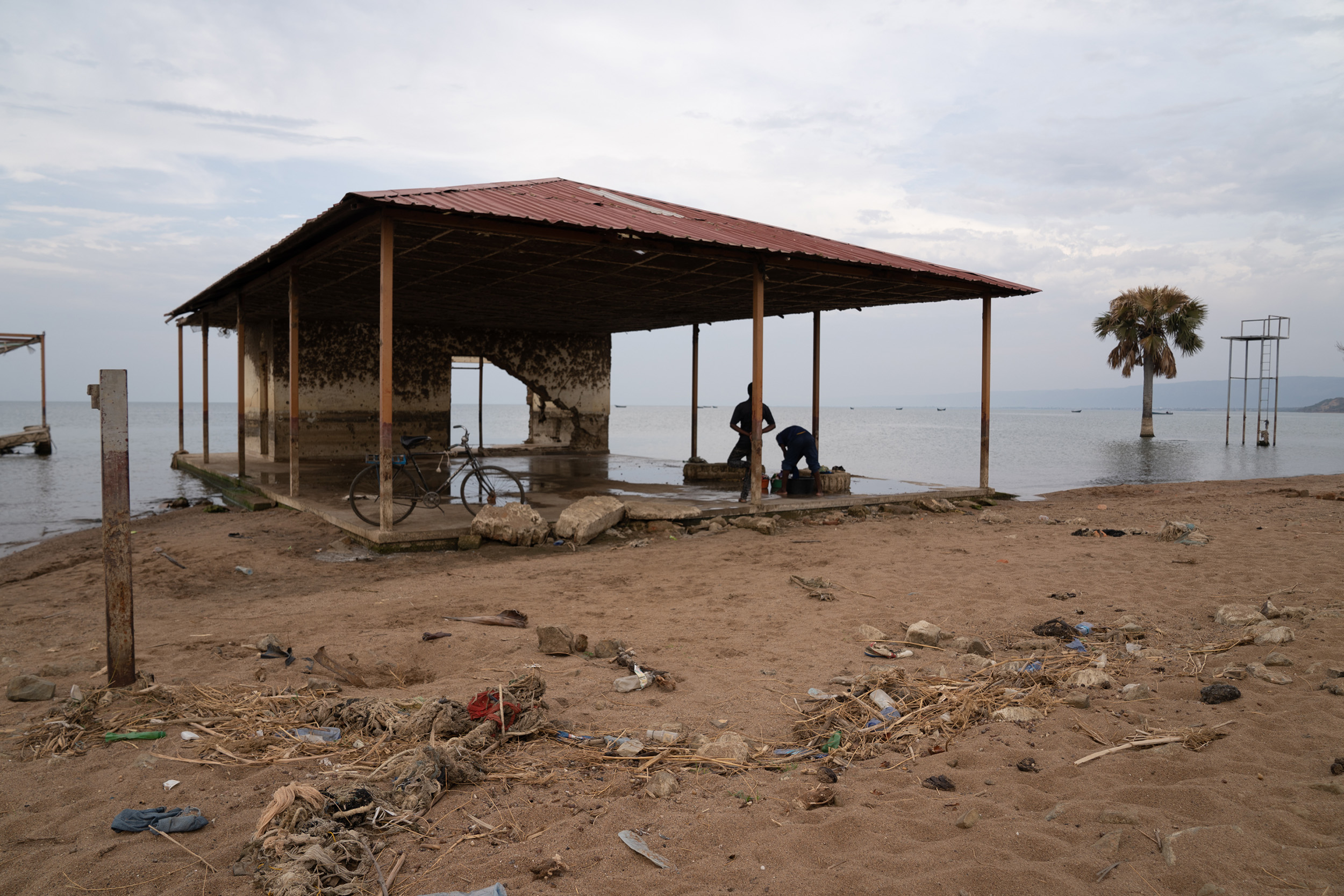
This article is part of a year-long research project on the consequences of climate change in severely affected regions of Africa. The main focus is on female climate activists who are trying to highlight problems and find solutions on the ground. All previous articles from the series can be found on the project page. The research project is funded by the European Journalism Centre under the European Development Journalism Grants Programme. This programme is supported by the Bill & Melinda Gates Foundation.
For this article, we especially thank Stefan Back from RWTH Aachen University, who shared his geological knowledge with us. Furthermore, we thank Bart Wickel from Earth Insight and the Austrian Company EOX, who kindly allowed us to use their carefully processed Sentinel sattelite imagery.
